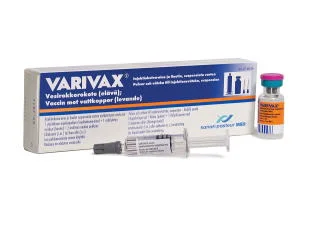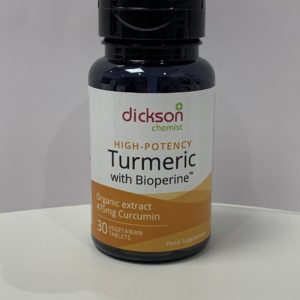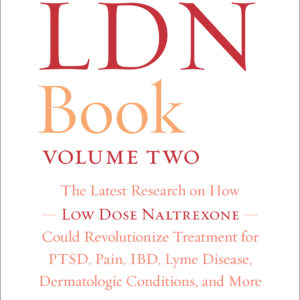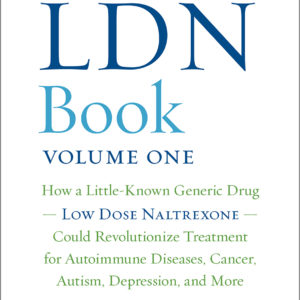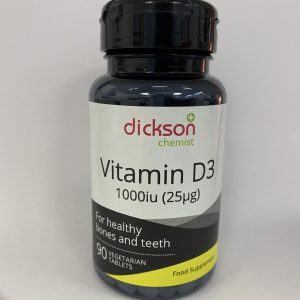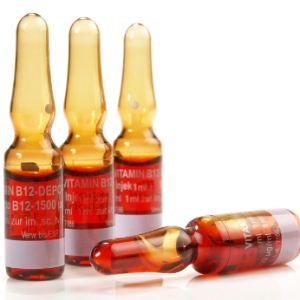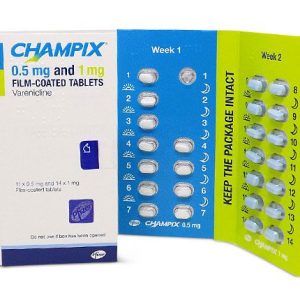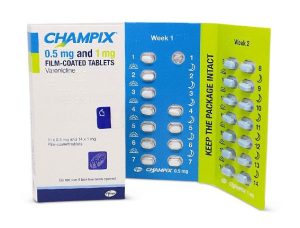VARIVAX is a vaccine to help protect adults and children against chickenpox (varicella). Vaccines
are used to protect you or your child against infectious diseases.
VARIVAX can be administered to persons 12 months of age or older.
It may also be given to persons who have no history of chickenpox, but who have been exposed to
someone who has chickenpox.
Vaccination within 3 days of exposure may help prevent chickenpox or reduce the severity of disease,
resulting in fewer skin lesions and shorter duration of illness. In addition, there is limited information
that being vaccinated up to 5 days after exposure may reduce disease severity.
As with other vaccines, VARIVAX does not completely protect all individuals from naturally acquired
chickenpox.
Book and pay £135 for 2 doses, a prescriber will call you around the date and time of the booking and will arrange the best place and time to have the physical injections. Note, there are 2 injections required per patient 4-8 weeks apart.
What is the vaccine?
The Chicken Pox vaccine contains a laboratory weakened/altered amount of the Varicella virus which stimulates an immune response in the patients body so that they will be able to defend themselves from future exposure. It is such a weak dose that most patients (98%) suffer no symptoms afterwards – in a very small minority the patient may show a very mild form of the disease. It is usually no more than 5-6 blisters in this case. Full illness causes 200-500 blisters in most cases. This type of vaccination stimulates an excellent immune response and will leave your child approximately 90% protected against the illness.
It is suitable from 12 months of age and is given in two doses with at least one month between the first and last. It can be given into the muscle or into the fat just under the skin so for smaller children it will most likely be given into the thigh whereas older children may get it into their arm. It can be given with some other vaccines such as Hep B and the 6 in 1 and is ok with the MMR so long as they are administered at the same time – otherwise you need to have a month gap as both are live vaccines.
 The vaccine should not be given to those:
The vaccine should not be given to those:
- Receiving imunosuppressive therapy.
- With immunodeficiency
- With a fever over 38.5 degrees Celcius.
- Pregnant women – also pregnancy should be avoided for one month following vaccination.
- Breastfeeding mums (speak to your GP).
- With a sensitivity to gelatin or neomycin.
- If an allergic reaction was experienced from the first vaccine – you avoid the second.
If you choose to have your child vaccinated try to avoid close contact with people who are at high risk of suffering from severe illness with chicken pox if infected such as the immunocompromised (e.g cancer patients receiving chemo, transplant patients, those on immunosupressive medications), women who are pregnant who have not previously had the chicken pox, and newborn babies. These groups of patients should be avoided for about six weeks after vaccination – obviously it is not always possible as you don’t always know! It’s just something to be aware of really and to be conscious of when practical.
If you or your child has come into contact with an infected patient within the last three days you can actually still get vaccinated – it may help to prevent or reduce the impact of infection. There is some data to suggest even up to five days after exposure it may still be beneficial to get vaccinated!
What are the potential side effects?
The side effects of the chicken pox vaccine are usually fairly mild but can include:
- Some soreness and pain around the injection site – which is more likely after the second dose.
- A mild chicken pox style rash.
- A cough (upper respiratory infection)
- Irritability.
 Pro’s and cons of vaccination
Pro’s and cons of vaccination
- Chicken Pox is mostly a very uncomfortable but relatively mild illness. Most people suffer with some ‘flu’ like symptoms and experience varying degrees of the rash. However there is a minority who suffer from a severe form of the illness and can become very unwell with it, even requiring hospitalisation. It can even be life threatening in a small number of cases. The people most at risk of complications (encephalitis, pneumonia etc) are those with weakened immune systems, small infants and previously uninfected pregnant women.
- It can cause your child to need 5-10 days off school or out of childcare – so whilst this isn’t a pharmaceutical fact, more a practical one – as a parent it can be quite expensive or stressful if your child catches the virus!
- It can lead to severe skin infections and scarring.
- Your child may suffer from side effects from the vaccine however most children don’t suffer from any.
- Vaccinating your child provides them with immunity without the risk of serious complications due to the illness.
- The more people are vaccinating the less that chicken pox will circulate and so the less risk in childhood there will be for those in our communities who are susceptible to severe illness and unable to vaccinate themselves. There is a thought that increasing the number of people who are vaccinated could increase the number of adult cases of chicken pox as unvaccinated people will be less likely to come across the illness in childhood as it would be less common. This would mean they could catch it as an adult which unfortunately can result in more severe illness. It is thought it could also affect the incidence of shingles, especially in groups who cannot receive the shingles vaccine.
(Information from Wondercare: full blog post here: https://www.wondercare.ie/blog/chicken-pox-vaccination-facts-for-parents/)

